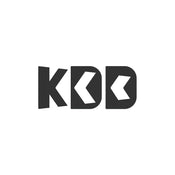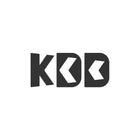Dental experts such as the American Dental Association believe that regular brushing and using an irrigator can protect your oral health, fight plaque, and even prevent bad breath.So when is the best time to use a dental irrigator?
The answer is at night. Using the irrigator is closely related to brushing, which means you should be doing both. It doesn't matter whether you use an irrigator before brushing, but you should use an irrigator first for two reasons:
- Brushing your teeth is quick and easy, but using an irrigator takes more time. So if you brush your teeth first, chances are you'll be lazy and you'll skip the irrigator entirely. But if you brush with the irrigator first, you won't skip brushing because everyone feels much refreshed after brushing.
- A dental irrigator cleans and removes debris between the teeth that would normally then stick to the surface of the teeth. So when you brush afterward, you're cleaning both plaque from visible surfaces and debris left behind by the irrigator.
Trying to use an irrigator on your gums and teeth before brushing can help you get better results for your teeth. Because using the irrigator helps remove large pieces of food and debris, your brush can more easily remove substances you don't want to be in your mouth after using the irrigator.
How often do you need to use the irrigator?
Oral Hygiene While brushing your teeth twice a day is a lesson you learn from a very young age, many people also forget the importance of using an irrigator.
Experts tell us that you should use the irrigator as often as you brush your teeth. This means ideally, you use the irrigator once a day when you wake up and once at night before going to bed. Regular use of a dental irrigator can help complement your oral health routine by removing food particles you may have missed.
To sum up, according to the recommendation of the dentist, the irrigator can generally be used before brushing, which helps to maximize the effect of the irrigator.


